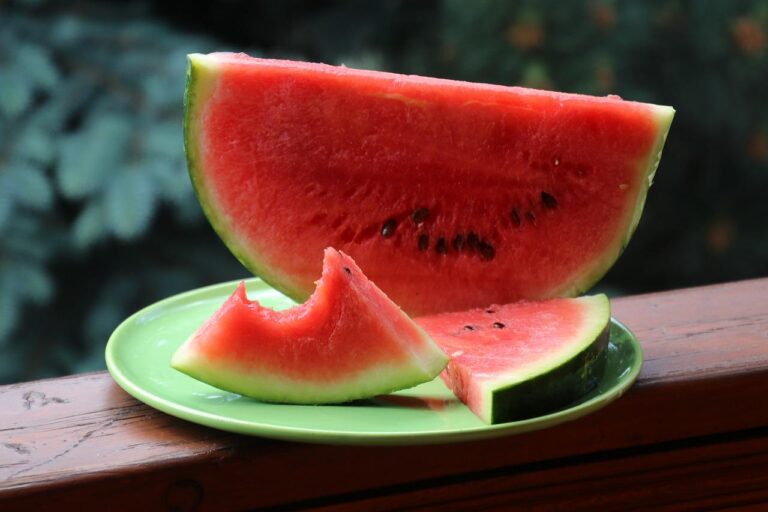Natural Lifestyle Techniques To Prevent Sleep Apnea
Sleep apnea is one of the most common sleep disorders in men, women, and children. According to the National Heart Lung and Blood Institute (NHLB), as of 2012, an estimated 12-18 million people in the United States alone have sleep apnea, however almost half of all sufferers go undiagnosed for years. Additionally, middle-aged men and women, adults over the age of 65, overweight people, and minorities are more prone to the experience symptoms of sleep apnea.
The symptoms of sleep apnea include:
- Loud snoring or night-time breathing problems.
- Waking up frequently in the middle of the night.
- Excessive tiredness during the day.
- Difficulty staying attentive on routine tasks.
- Frequently waking up with dry mouth or choking sensation.
- Morning headaches or hard time waking up.
- Witnessed breathing cessation while sleeping.
Fortunately, there are some natural lifestyle techniques that can help to prevent sleep apnea and even reduce your dependency on a CPAP machine or eliminate the need for surgery.
Weight loss the natural way. The medical community has long advised losing weight as a way to help stop some forms of sleep apnea. Being overweight means you have additional fatty tissues in the neck and airway that can obstruct breathing. Use a natural method for losing this weight over time, by enjoying organic fruit and vegetables, whole grains, and low fat meats. Even a 10 percent weight loss can improve your health and stop sleep apnea.
Change sleep position. Another way to cut down on the symptoms of sleep apnea naturally is to choose a pillow made from buckwheat to reposition your head during sleep. Standard pillows often encourage back or stomach sleeping, which can cause the blockage of airways. By gently supporting the head and neck in a side-lying position, this can stop snoring and reduce sleep apnea discomfort.
Soothe nasal passages. In some cases, sleep apnea comes from seasonal allergies caused by pollen, dust and dander. To help reduce snoring and dry breathing, try a natural solution of salt water delivered by nettle pot to irrigate and cleanse the nasal passages an hour before bed. Reduce airborne particles and provide a breathing soother with eucalyptus oil added to a humidifier during the night.
Meditation and stretches. Another way to help reduce the symptoms of sleep apnea is to teach your body and mind to relax more effectively. Many sufferers report having insomnia, waking up frequently, and having irritability during the day. Taking the time to do daily stretches to tone the neck and body, coupled with the relaxation and focus of meditation can be very beneficial to your mental and physical health.
Aromatherapy to relax the mind. Getting to sleep and experiencing restorative deep sleep patterns can be difficult if you have sleep apnea. To help this the natural way, use a lavender diffuser to add a sleep inducing aroma to your bedroom. There are plug in varieties or you can simply buy lavender in the dry form and add to your pillow.
If you recognize the symptoms of sleep apnea in yourself, your partner, or child; it’s important that you speak with your doctor or natural physician to give you an examination to rule out other health problems. Sleep apnea can aggravate other illnesses, so it’s important to take care of your health now.
About the Author: Brandon Travis likes to spend his free time swimming and training for his next triathlon in the spring. When he’s not working out he likes to review sites like iRollOver.



